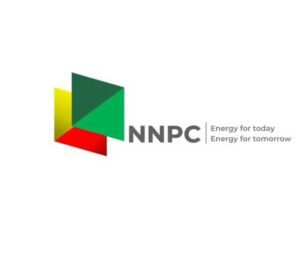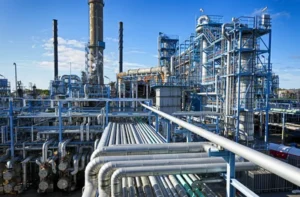
Stakeholders commend FG for reviving Port Harcourt Refinery
Some stakeholders in oil and gas industry have commended the Federal Government for revamping the Port Harcourt Refinery, expected to begin partial operation in the first quarter of the year.
The stakeholders who spoke with the Newsmen in Lagos on Thursday, also lauded the initiative geared towards eliminating fuel importation.
Newsmen reports that the Minister of State for Petroleum, Mr Timipre Sylva, on Jan. 9, revealed that the rehabilitation of the 60,000 bpd refinery was nearing completion and would become operational in the first quarter of the year.
Sylva made this known while giving an update on the Port Harcourt Refineries during the Ministry of Petroleum Resources 2022 scorecard in Abuja.
Mr Joe Nwakwue, an oil and gas consultant, said: “Bringing back the refinery to operations is a welcome development and one hopes that the other two refineries would also be resuscitated shortly.
“We need to exit fuel importation.
“The Federal Government does not have the resources presently to invest in the brownfield or even any greenfield refinery.
“I support and commend the Nigerian National Petroleum Company Ltd. (NNPCL) approach of taking minority equity in private refineries.
“This, essentially, helps derisk those investments, while also providing a path to national energy security,” he said.
The former president of the Society of Petroleum Engineers said his position had always been for government to sell its holding and give up operational control of the refineries to competent private sector operators.
“This model allows the infusion of capital and know-how required for sustainable operation of these assets, while the government retains minority stake,” he added.
Mr Chinedu Okoronkwo, the National President of Independent Petroleum Marketers Association of Nigeria (IPMAN), lauded the Federal Government initiative towards reviving the refinery.
According to Okoronkwo, “This is good news. To start with, it will reduce the pressure on importation of refined petroleum products.
“If the refinery bounces back it will go a long way to argument local production.
“Obviously, it is a cheering news for marketers and Nigerians,” he said.
Mr Tunji Oyebanji, the Chief Executive Officer of 11, said the Port Harcourt Refinery coming back on stream with production was definitely good news for the industry and Nigeria.
Oyebanji said: “This development is consistent with the promise of the GCEO of NNPC.
“I have never been a fan of government being involved in business.
“I believe that it’s part of the reason the refineries became moribound in the first place.
“I think the refineries should be sold to capable and qualified private sector operators,” he said.
Mr Henry Adigun, an energy consultant, said: “I think it is a good thing for government to revive the refinery.The idea is great and a laudable initiative.
“The refineries now belong to NNPC Ltd. It should make a decision based on a cost benefit analyses.
“That way, it will see how it can maximise returns. At the moment government does not own any refineries.”
Newsmen reports that Port Harcourt Refineries comprise two units, with the old plant having a refining capacity of 60,000 barrels per day (bpd) and the new plant 150,000 bpd, both summing up to 210,000 bpd.
The refineries located at Alesa Eleme, approximately 25km east of Port Harcourt, were the largest in Nigeria before the coming of the Dangote Refinery currently under construction in Lagos.
The refinery was commissioned in 1965 with an initial capacity of 35,000 barrels per day and was later upgraded to 60,000 barrels per day in 1972.
The new refinery was commissioned in 1989 with an installed capacity of 150, 000 barrels per day, bringing its combined crude processing capacity to 210, 000 barrels per day.



